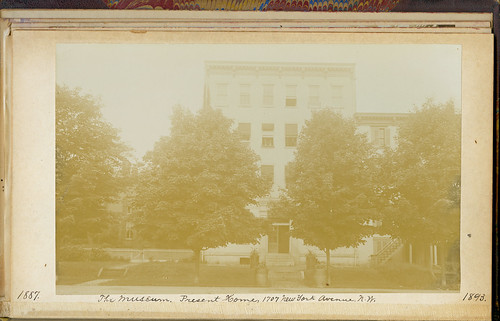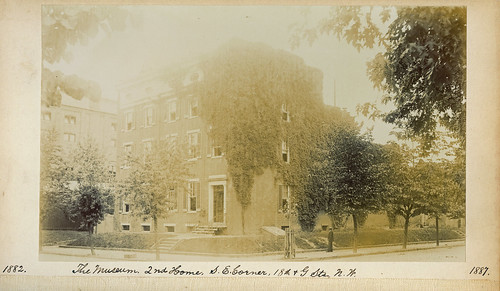Dear Colleagues:
On behalf of the History of Medicine Division at the National Library of
Medicine, I am pleased to invite you to the launch of our new blog,
Circulating Now, which is intended to encourage greater exploration and
discovery of one of the world's largest and most treasured history of
medicine collections.
Circulating Now will bring the NLM's diverse historical collections to
life in new and exciting ways for researchers, educators, students, and
anyone else who is interested in the history of medicine. Whether you are
familiar with NLM's historical collections, or you are discovering them
for the first time, Circulating Now will be an exciting and engaging
resource to bookmark, share, and discuss with other readers.
Kicking off Circulating Now will be a series of posts that draws on the
NLM's historical collections and associated others to reenact in a unique
way a tumultuous event in medical and American history which occurred 132
years ago this summer: the assassination of, and attempts to save, our
nation's twentieth President, James A. Garfield.
Come visit Circulating Now at:
http://circulatingnow.nlm.nih.gov/Stephen J. Greenberg, MSLS, PhD
Coordinator of Public Services
History of Medicine Division
National Library of Medicine
National Institutes of Health
Department of Health and Human Services
Bethesda, MD
301-435-4995greenbes@mail.nih.gov<mailto:
greenbes@mail.nih.gov>



